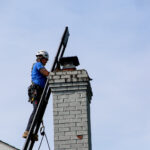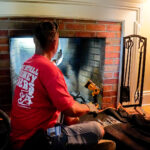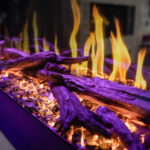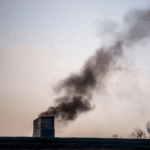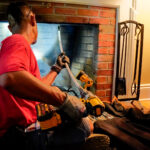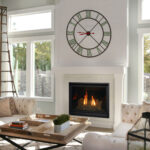Home maintenance often involves a checklist of things to do, typically from the most important to the least important. However, one task many homeowners overlook is getting their chimneys inspected. Regular chimney inspections ensure chimney safety, efficiency, and longevity.
This blog post explains why these inspections are important, how often they should be done, and the most common damage that can happen if you ignore this crucial chore.
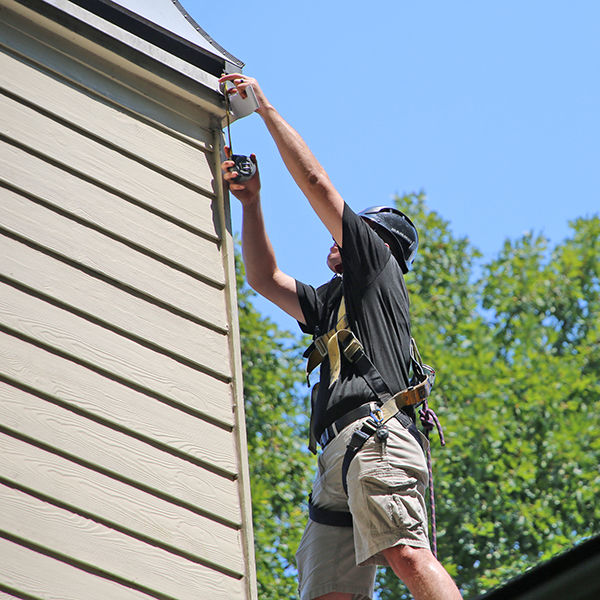 Why Chimney Inspections are So Important
Why Chimney Inspections are So Important
The primary purpose of chimney inspections are to ensure your chimney and fireplace operate safely. Thousands of home fires are attributed to heating systems like fireplaces, chimneys, and chimney connectors each year. Proper maintenance and routine inspections by a trained professional can prevent these fires and identify risk issues like blockages, creosote buildup, and structural damage before they lead to a catastrophe.
Creosote, a byproduct of burning wood and other organic materials, is particularly concerning because it accumulates inside the chimney. It’s highly flammable, and when it thickens, it can easily ignite and cause a chimney fire. Regular inspections also help to improve your heating system’s efficiency. A clean and well-maintained chimney allows for better airflow, crucial for effective heating and smoke reduction.
How Often Should Chimneys Be Inspected?
How often you use your chimney, the fuel you burn, and its age will dictate how often it should be inspected. The National Fire Protection Association (NFPA) recommends that chimneys, fireplaces, vents, and solid-fuel-burning appliances be inspected at least once a year. This annual check-up ensures that all components are in safe working order.
For homeowners who use their fireplace or stove as their primary heat source, more frequent inspections may be necessary. After heavy winter usage, a spring inspection can address any issues that may have arisen from the wear and tear of constant use.
Common Types of Chimney Damage
Failure to get regular chimney inspections can result in minor issues escalating and leading to costly repairs. The most common chimney problems are:
Creosote Buildup
As mentioned, creosote is a tar-like substance that can become a severe fire hazard. It accumulates in chimneys by burning wood. Creosote has three stages: a flaky powder, crunchy flakes, and a thick brown coating. It’s at the third stage that it becomes highly flammable and dangerous.
Structural Issues
Over time, the chimney’s structure can become compromised due to weather exposure and general wear and tear. Cracks in the chimney liner, deterioration of the mortar and bricks, and other structural failures can lead to serious safety issues, including the potential for poisonous gases like carbon monoxide to seep into the home.
Blockages
Without a chimney cap, blockages can become a problem. Birds’ nests, critters, debris, leaves, etc., can get into the flue and impede airflow. These blockages also reduce efficiency and increase the risk of a chimney fire.
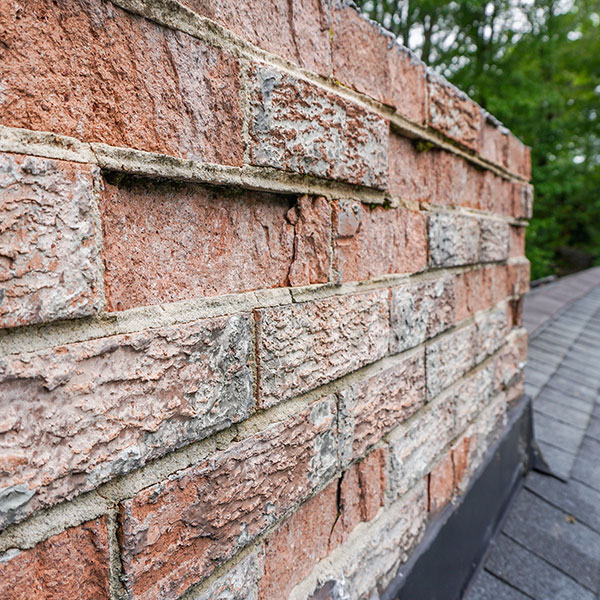 Water Damage
Water Damage
Water is a chimney’s number one enemy. It penetrates bricks and mortar, leading to deterioration, which worsens during the freeze/thaw cycle of winter and spring. Installing a chimney cap and applying a waterproofing product on the chimney’s exterior can help guard against water damage and extend your chimney’s lifespan.
Chimney inspections aren’t just a safety measure; they’re an essential part of your home maintenance routine that protects your family and home investment.
Call Anderson’s Chimney in South Central, PA, at (717)-702-6921 to schedule a chimney inspection today.



